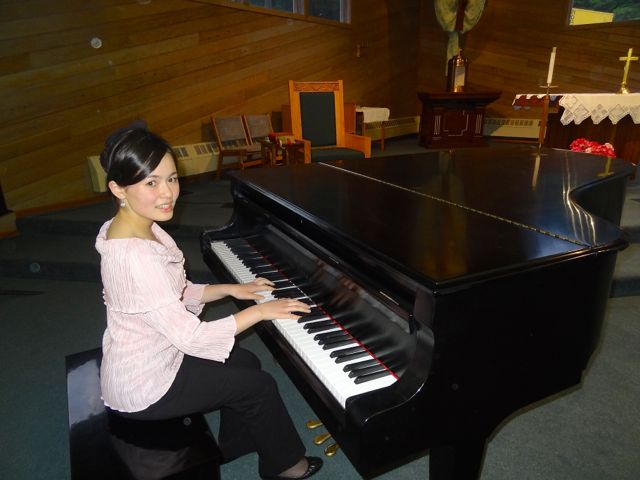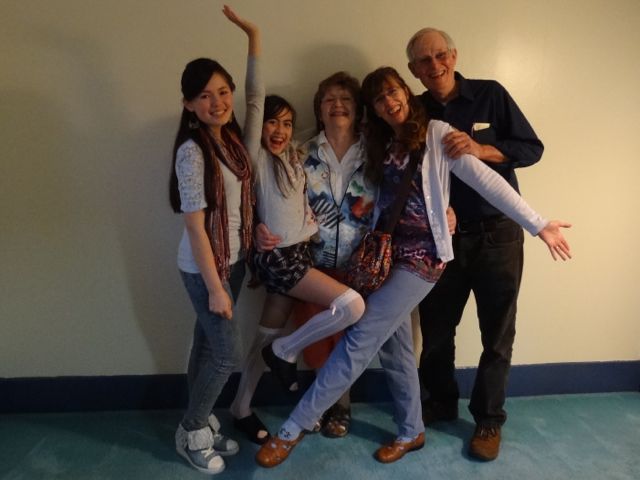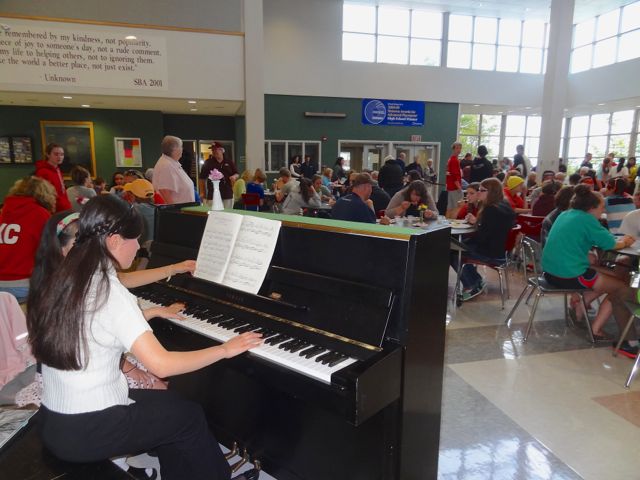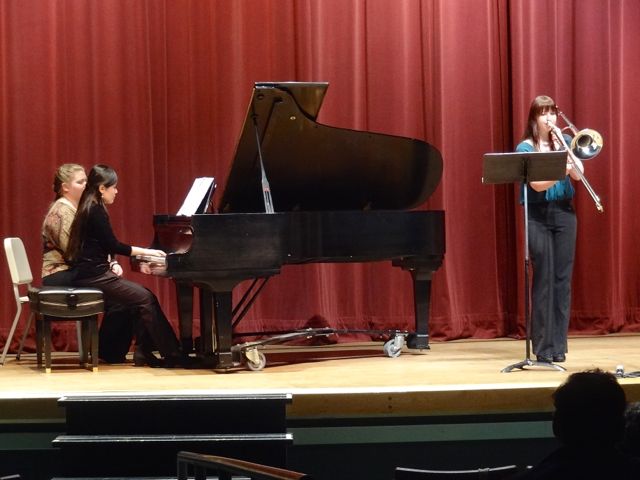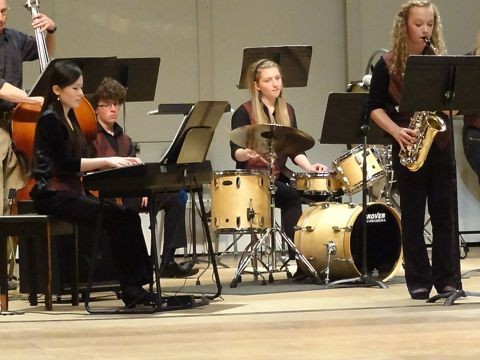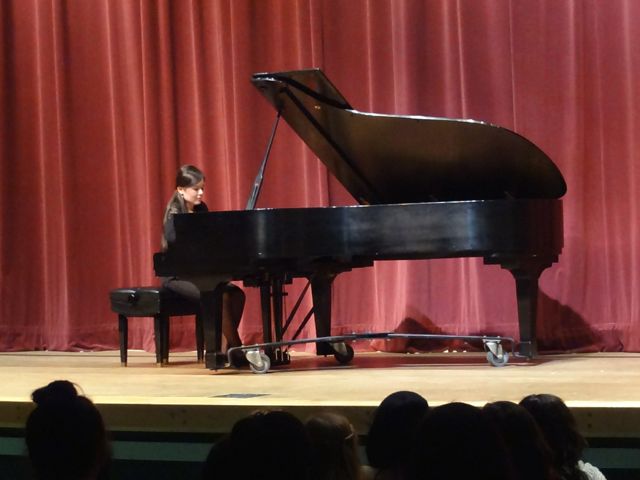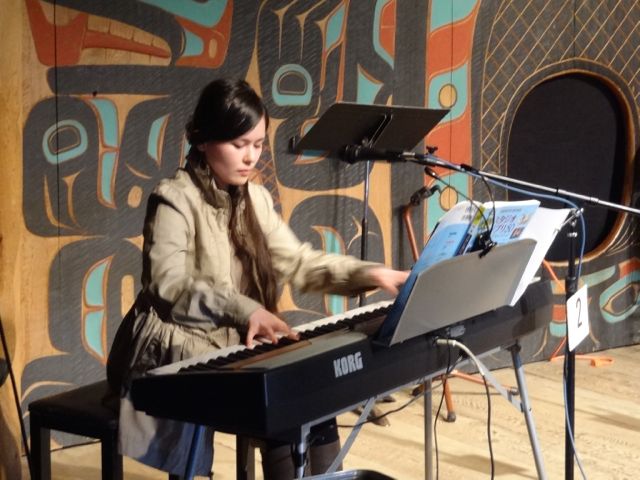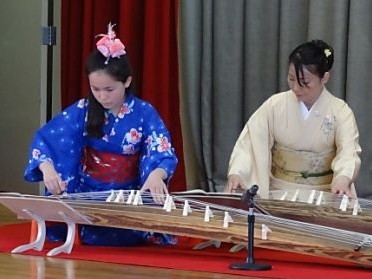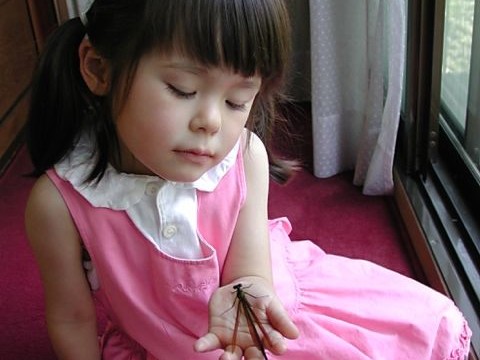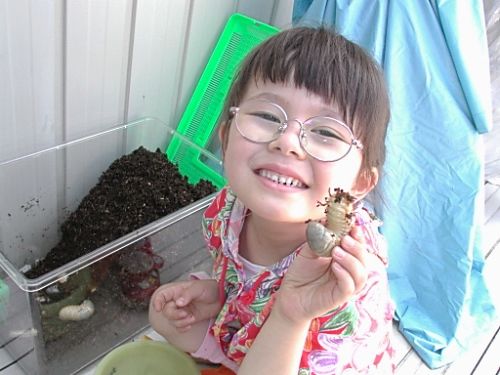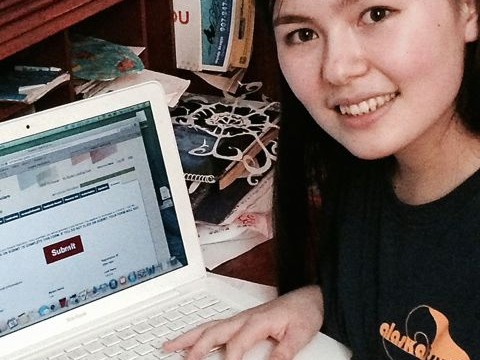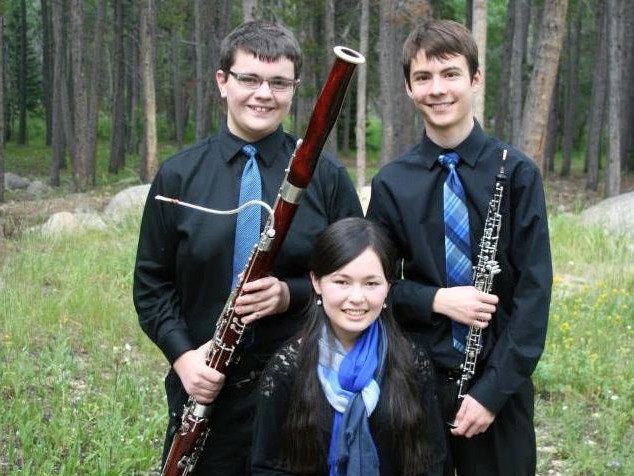“By writing these very difficult essays, my written English has improved, and I have been able to reach a deeper understanding of who I am, where I came from and where I am headed.”
Hana Oshima is a Senior at Ketchikan High School and a 2015 Gates Scholarship Finalist. Her mentor is Robert McClory.
2015 Reflection on Gates Millennium Scholarship Application Experience
What I first thought was an exciting way to possibly secure my future education turned out to be an arduous journey of self-discovery. Writing eight 1000 word essays challenged me in many ways, most obviously my writing skills, but in a deeper sense, it forced me to look at where I have come from, the difficulties I have faced and the things that I have been able to accomplish.
Writing the first drafts was exhausting. I started writing in September, not sure of what I was doing, but excited about the chance to cover the expenses of a higher education I so desperately wanted. My guidance counselor, Mr. McClory, introduced me to the Gates Scholarship, and encouraged me to apply. He also told me that I could get some much needed help from a volunteer mentor by finishing the rough drafts by the end of the month. I went on a marathon of writing, and was relieved to somehow make the deadline. Little did I know that this was only the beginning.
I spent the next 3 months rewriting my essays under the direction of Tad and Dean Wariner. Having grown up in Japan in the Japanese education system, only attending two years of high school here in Alaska, my English skills are lacking. I knew my writing could sound better but was never sure how to change it. Tad directed me through the process, changing the order and suggesting where to put examples. Just saying I lead a group of freshmen as a Class Act Mentor wasn’t enough, I had to show how I encouraged them. Saying I loved to play the piano wasn’t enough, I had to show how playing had kept me going through difficult times, and how achieving my goal of going to a prestigious music camp has given me the courage to pursue music.
Personally, I had to relive some difficult experiences and look at how they had changed me and made me who I am now. I grew up in a country of basically one ethnicity and remembered the hurtful isolation that came from sticking out as a half Japanese and American kid. But, I also remembered the joy I felt at being welcomed into Ketchikan High School with an easy “Hi” from other students and an invitation to play the keyboard in jazz band.
I remembered how I was rebuffed when asking my Japanese junior high teacher about photosynthesis, his reasoning being that it was not going to be on the test. After receiving similar responses multiple times, my love of learning died and I was forcing myself to just learn facts for the tests. But I also remembered that contrary to Japan, teachers in Ketchikan appreciate my interest, and do their best to answer my questions in detail, which has helped me to regain my interest in learning. The encouragement of these science teachers has helped me realize that my love of insects as a child will lead to a future as a researcher.
I also remembered the beauty of being Japanese, instilled in me by my Japanese koto instructor, who showed me how the Japanese traditional arts encourage the revered Japanese qualities of respect, diligence and attention to detail.
By writing these very difficult essays, my written English has improved, and I have been able to reach a deeper understanding of who I am, where I came from and where I am headed.

